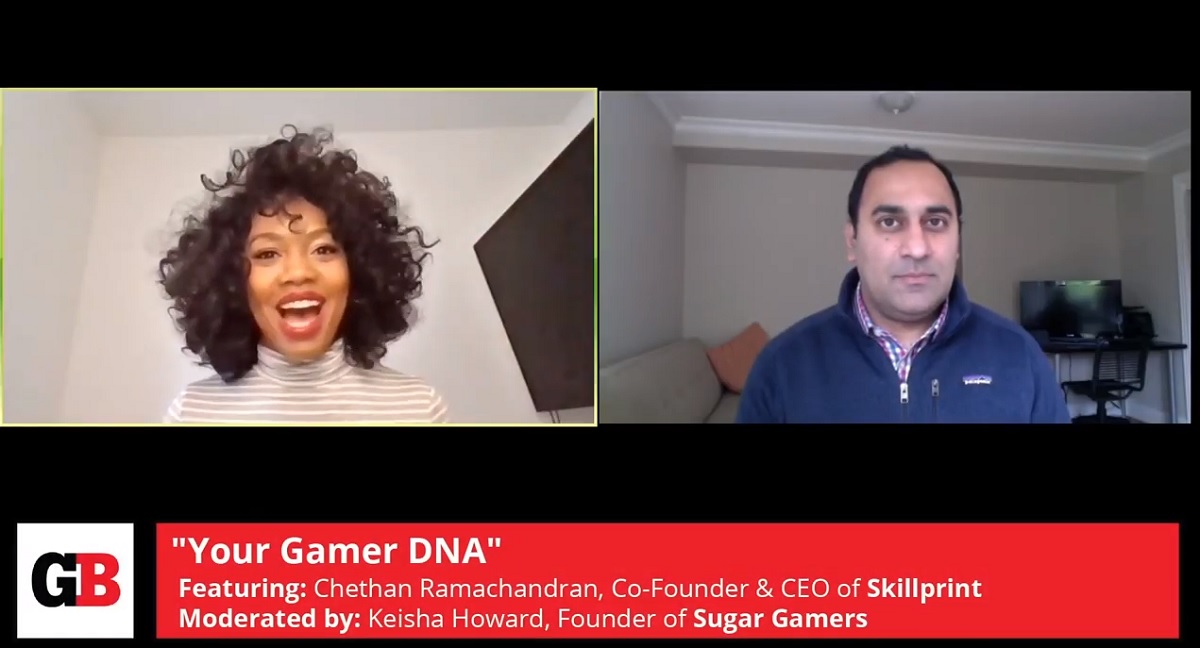Here’s one of the things that surprised me about the GamesBeat Summit 2020 online-only event that we held last week: Our audience loved messaging each other on Slack, the group chat system that we used to enable our 600 attendees and speakers to communicate with each other.
In some ways, the text chat of Slack seemed antiquated. You type messages to groups of people or engage in 1-on-1 chats. But in the absence of face-to-face meetings and group Zoom calls, this was the next best thing. In fact, our 600 people messaged each other more than 12,000 times by the end of the conference. And only 20% of those messages took place in public chat rooms.

Unlock premium content and VIP community perks with GB M A X!
Join now to enjoy our free and premium membership perks.
![]()

![]()